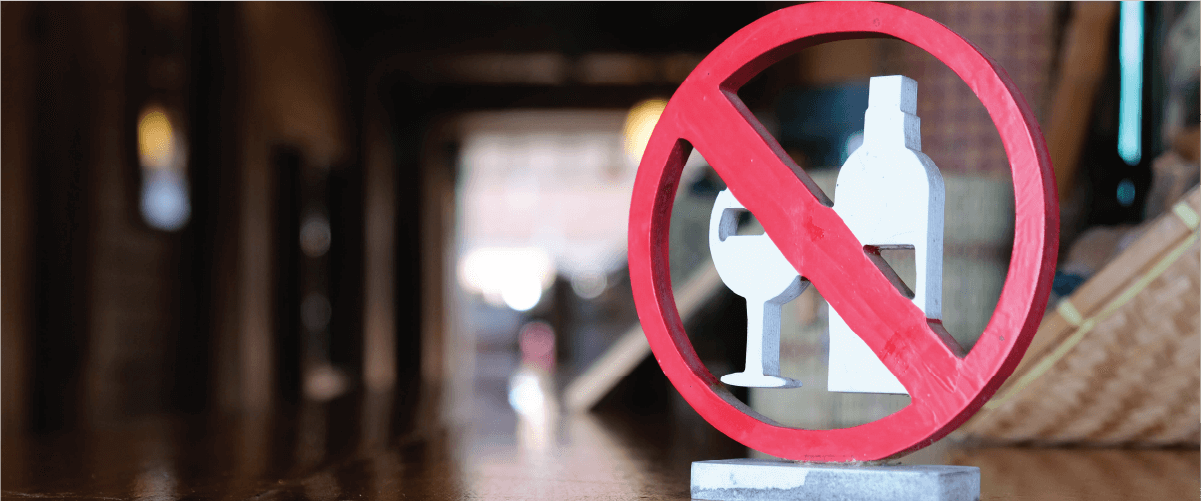Learn Decision-Making Skills to Avoid High-Risk Situations

For more than a decade, the Prime for Life (PFL) program has allowed Marines and Sailors to explore, reflect, and work to protect their values from the consequences of alcohol and drug misuse.
Created by the Prevention Research Institute, the program is presented through the installation Substance Assessment and Counseling Centers (SACC).
High-risk and underage drinking are serious concerns and negatively impact total fitness and readiness.
PFL has proven to be effective in equipping Marines and Sailors with “no-risk or low-risk” decision-making skills. It’s evidence-based and regularly evaluated to ensure the most current information about substance misuse is relayed.
The current and future readiness of our fighting force requires access to credible information that discourages high-stakes decision-making. The PFL approach helps Marines and attached Sailors explore how they perceive risk so they can make informed decisions that are in their best interest.
PFL provides insights from more than 1,800 research studies about how lifestyle-related health problems, like those that stem from alcohol and drug use, develop.
Our genetic makeup sets our biological risk level for alcohol or drug problems, particularly addiction. Since we cannot alter that risk level, the choices we make are what decide our fate.
PFL explores problems, identifies ways to prevent future problems, and affirms that everyone can benefit from help. Certified instructors lead the program and make no judgments.
Marines and Sailors get time to discuss and reflect on relevant issues. It allows them a safe environment to learn and share in a non-judgmental setting. PFL is beneficial for all: the curious, the concerned, and those struggling with high-risk choices.
PFL helps Marines and attached Sailors identify their values and develop coping skills that support effective decision-making in high-risk situations that will protect their values. To learn more about this engaging program, visit your local SACC or visit www.usmc-mccs.org/substance.